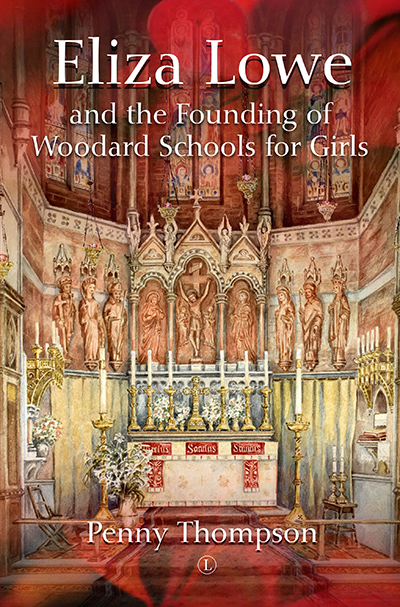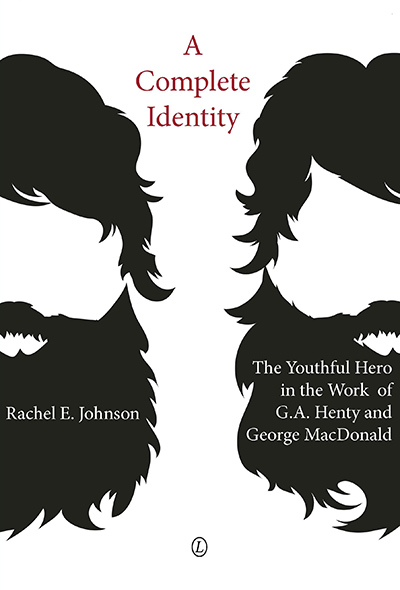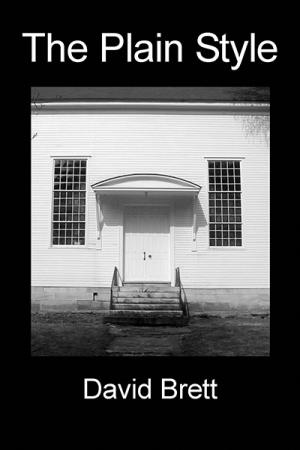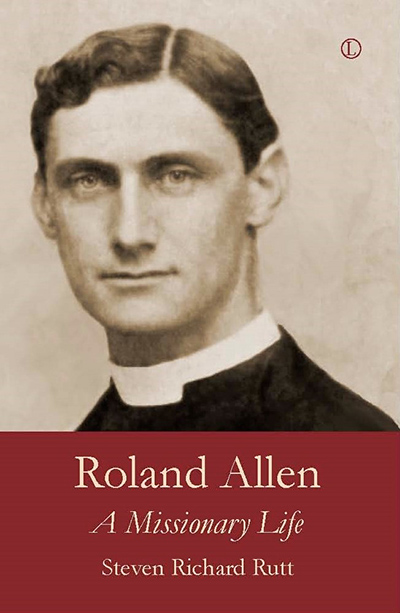Description
Nathaniel Woodard founded an educational system ‘firmly grounded in the Christian faith’, and the establishment in 1874 of the first Woodard girls’ school lies at the heart of his legacy. However, the role of one remarkable woman in securing this legacy has until now been obscured. Eliza Lowe and the Founding of Woodard Schools for Girls is her untold story.
Drawing on scholarly articles, newspaper reports, letters from pupils, census records, and local and family archival material, Thompson describes life in Eliza Lowe’s school, from swimming in the sea to politics at breakfast and competitions for an ‘amiability’ prize. While discussions of Nathaniel Woodard and 19th-century girls’ education provide context, Eliza’s own letters reveal a woman of wit, curiosity and humanitarian feeling.
Her achievements will inspire students of women’s history and girls’ education, and encourage those who believe that religion enhances education, while her lasting legacy will interest both former pupils and those who continue in the Woodard tradition today.
About the Author
Penny Thompson is a former teacher and freelance researcher who has written extensively about Religious Education in schools. She is the author of Whatever Happened to Religious Education (2004) and co-author of The Effective Teaching of Religious Education (2007). Most recently she co-edited Teaching Virtue: the contribution of Religious Education (2014). Both she and her daughter attended the school of S. Mary and S. Anne, Abbots Bromley, and she is a lifelong Anglican.
Contents
List of Illustrations
Acknowledgements
Foreword by Canon Brendan Clover
Introduction
Part One: Putting the Story in Context
1. The Woodard Schools and Their Founder
2. Girls’ Education in the Nineteenth Century
Part Two: The Story of Eliza Lowe
3. Early Life of Eliza Lowe
4. Eliza’s School in Bootle and Seaforth
5. The Langton Connection
6. The Lucy Landor Reminiscences
7. Mayfield – Eliza Lowe’s School in Southgate
8. Alice Rathbone and Eva Müller
9. Mayfield after Eliza and S. Winifred’s
10. Eliza’s Letters
11. Eliza Lowe and the founding of S. Anne’s School
Part Three: The Relevance Today
12. Of More than Passing Interest?
Bibliography
Credits and Permissions
Index
Endorsements and Reviews
In its detailed account of the life of one of the great pioneers of education for girls in the nineteenth century, this is an engaging and insightful read. Penny Thompson, a beneficiary of the legacy of Nathaniel Woodard and Eliza Lowe, offers far more, though. She demonstrates powerfully how debates and achievements of the past resonate with contemporary concerns. It’s a project I wholeheartedly commend.
The Rt Revd Dr John Inge, Lord Bishop of Worcester, President of the Woodard Corporation
Thompson achieves an impressive depth of research, and applies it painstakingly to build a picture of these amazing people. Striking a readable balance between academic research and warm biography, this book’s jigsaw-like interweaving of tightly referenced material will shed new light on the emergence of the Suffrage movement, the educational ambitions of young Victorian women and the role of Eliza Lowe in making them achievable through her schools.
Lynn Murthwaite, retired Assistant Headteacher of Chesterfield High School, Crosby, Liverpool
Penny Thompson’s intricate narrative takes up a methodological challenge. Evidence of women educators and their pupils is frequently missing or overlooked and she pieces together a wide range of sources that highlight Eliza Lowe’s role in the development of girls’ education. The gendered nature of Lowe’s complex social, economic, and religious networks of place and space emphasises the centrality of education in understanding both past and present society.
Stephanie Spencer, Professor of History of Women’s Education at the University of Winchester






